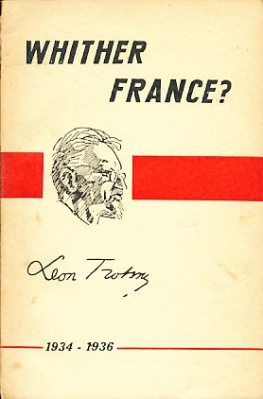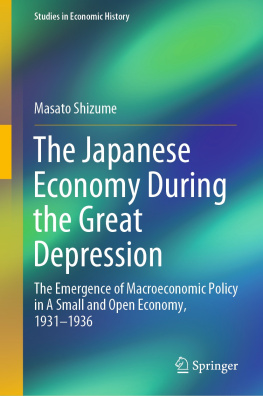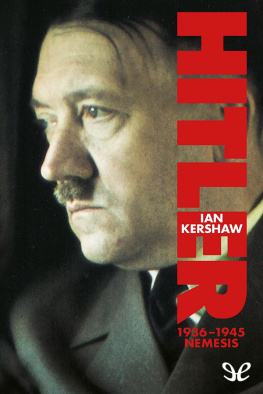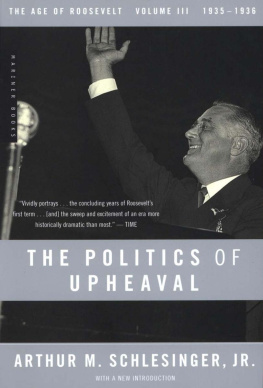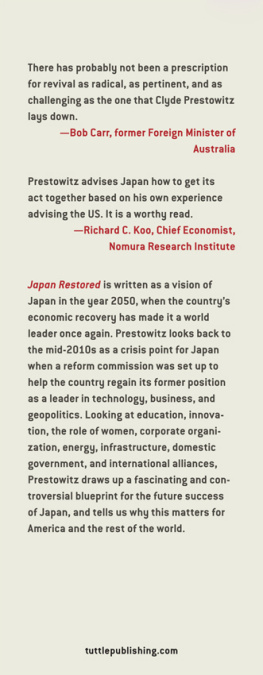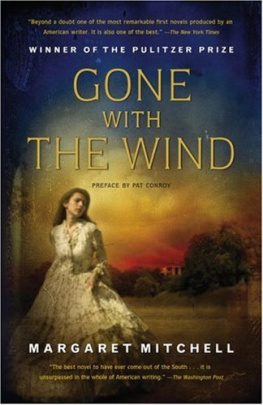CHILDREN IN THE WIND
CHILDREN IN THE WIND
JJI TSUBOTA
Translated from the Japanese by
ROBERT EPP
First published in 1991 by
Kegan Paul International
This edition first published in 2011 by
Routledge
2 Park Square, Milton Park, Abingdon, Oxon, OX14 4RN
Simultaneously published in the USA and Canada by Routledge
711 Third Avenue, New York, NY 10017
Routledge is an imprint of the Taylor & Francis Group, an informa business
Unesco 1991
All rights reserved. No part of this book may be reprinted or reproduced or utilised in any form or by any electronic, mechanical, or other means, now known or hereafter invented, including photocopying and recording, or in any information storage or retrieval system, without permission in writing from the publishers.
British Library Cataloguing in Publication Data
A catalogue record for this book is available from the British Library
ISBN 10: 0-7103-0393-9 (hbk)
ISBN 13: 978-0-7103-0393-6 (hbk)
Publishers Note
The publisher has gone to great lengths to ensure the quality of this reprint but points out that some imperfections in the original copies may be apparent. The publisher has made every effort to contact original copyright holders and would welcome correspondence from those they have been unable to trace.
This translation is gratefully dedicated to
ROGER F. HACKETT
and
VAL H. VIGLIELMO
Children in the Wind
This novel was serialized in the evening edition of the Tokyo Asahi Newspaper between September 5 and November 6, 1936; issued as a book in December, 1936.
Scene: The summer of 1936 in the Japanese countryside.
Cast of characters
SAMPEI AOYAMA (first grade, seven years old)
ZENTA AOYAMA (Sampeis big brother, fifth grade)
MRS AOYAMA (Sampeis mother)
ICHIRO AOYAMA (Sampeis father, manager of a factory)
DR UKAI (Sampeis uncle, his mothers elder brother)
MRS UKAI (Sampeis aunt)
MIYOKO UKAI (Sampeis cousin; she is in the sixth grade)
KOSUKE UKAI (Sampeis cousin; he is not yet in school)
KINTARO (KIN) SAYAMA (second grade, Sampeis friend)
MR SAYAMA (Kintaros father)
JUZO AKAZAWA (supported Sayama against Sampeis father)
GINJIRO ( GIN ) TSURUKICHI KAMEICHI | | Sampeis friends |
A policeman, a detective, a man from the court, and a lawyer.
Pronunciation
Sampei = sam-pay; Aoyama = ah-oh-yah-mah; Ichiro = ee-chee-roh; Ukai = oo-kah-ee; Kameichi = kah-may-ee-chee.
Chapter One
The factory stood on the edge of the village. It employed forty people who made twine and ribbon. Though small, it was incorporated and its history reached back into the Meiji period. Its red brick chimney stuck proudly into the sky.
One summery day Sampei ran into Kintaro on the stone bridge by the factory. Sampei was in first grade, Kintaro in second. Kintaro had a chip on his shoulder and made fun of Sampei.
Whats the matter with you? Sampei challenged. Kintaro continued to taunt him.
Whats the matter? Sampei asked again, ready to fight. This time Kintaro answered haughtily, Your dads gonna be fired.
No hes not, Sampei said.
Oh yes, he is. Youll see. Theyll fire him and the copsll come and take him away. Theyll tie him up and haul him off, and hell say Im sorry, forgive me, I wont do it again!
Aw shut up.
Sampei didnt want to hear any more. He picked up a stick and whacked Kintaro on the head. Then he threw the stick at Kintaro and ran toward home. After some sixty feet he looked back and saw Kintaro coming after him, his face purple with fury. Sampei impulsively picked up a stone from the road, threw it at Kintaro, and set off again. Thirty or forty feet before Sampei reached home he noticed his big brother standing by the gate. When Kintaro saw him he gave up the chase. After all, Zenta was a fifth grader.
Whats going on? Zenta yelled at Kintaro.
Well, Kintaro shouted back, Sampei hit me on the head with a stick, and I didnt do anything to him. He gave me a real lump. Kintaro put his hand to his head and made an appropriately painful expression.
Liar! cried Sampei, planting his left foot defiantly in front of him.
Zenta figured he was the one who should be scolding his little brother: Sampei, dont do things like that.
Hes lying, Sampei cried again.
You mean you didnt just hit him with a stick? Zenta asked. Kintaro took a step closer.
Yeah, I hit him, Sampei responded.
Why did you do it? Zenta asked. Sampei couldnt answer. He could only blink his eyes in protest.
Then Sampei also took a step forward and shouted, as though to explain why he had hit Kintaro, I hit him. Yeah, I hit him.
By his words and the tone of his voice, Sampei meant to say that he had hit Kintaro for a good reason. But Zenta failed to get the message. He could only scold his brother: Sampei, you behave yourself.
Anyhow, Sampei responded, its Kins fault.
The moment he heard that, Kintaro jutted out his chin and said, What dya mean, my fault? Lets hear you explain that.
Sampei couldnt explain what he meant. His cheeks reddened with rage. The words welled up in his throat but they simply refused to come out. He picked up another stone and stood with his arm extended, threatening to let it fly. Zenta got in front of him and held his arm: Cut it out! No rough stuff.
Awww but its Kins fault, Sampei said as he squirmed to get loose.
Chapter Two
While Zenta was trying to keep Sampei from throwing the stone, Kintaro cautiously retreated one step at a time. In this way he managed to preserve his dignity. When he was about sixty feet away he began taunting Sampei with a singsong:
Ha ha, youre stupid!
Your dadll be arrested,
the copsll tie him uuup
then hell say, Im sorry,
Ill never do it again.
Ha, haa, ha, ha!
With that he turned, took a skip and was off.
The brothers stood side by side, looking after him. Sampei still filled with spite, squeezed the stone all the harder. As Kintaro pranced about on the bridge again, Sampei took five or six spirited steps toward him and, though he couldnt possibly have scored a hit from that distance, let the stone fly with all his might.
When Kintaro was finally out of sight Sampei told his side of the story:
Kintaros a stinker, he said.
Whys he a stinker? Zenta asked.
Well, he Sampei dashed into the topic enthusiastically, but he choked up along the way; well, he says Daddyll be fired and the copsll take him away. But that wont happen, will it?
Course not.
Despite his quick response, Zenta felt anxious about it. Shouldnt he tell his mother right away? He bobbed his head a few times as he considered what to do. When he was about to rush into the house Sampei asked, Zenta, where ya goin?
Huh? Sampeis question made him wonder. If he were to say hes going in to tell his mother, wouldnt that sound childish? Wouldnt that be like a crybaby? Zenta caught himself. Im just going to get something to drink.


